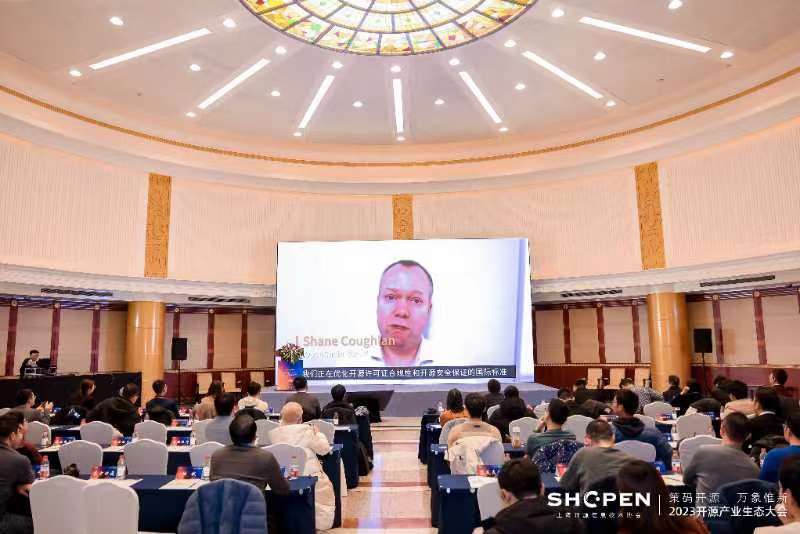
CEHLabs has announced an OpenChain ISO/IEC 5230 Conformant Program.
More About CEHLabs:
Governance Risk and Compliance (GRC) the three domains that reduce your business Information and Cyber Security Risk . The domains has different impact areas of the business, with a common goal of reducing quantifiable risk of the business falling victim to cyber security threat which if realised would impact you business into loss of trust with your customers or reputation damage. Here at CEHLabs our primary service is protecting your business from cyber threats by implementing ISO/IEC 5320:2020 of the OpenChain, NIST 800 53b revision 5, HM IS1 and IS2, Cyber Assurance Framework and Cloud First Cyber Essential Plus. In Compliance we are certified to assess under PCI-DSS and HIPPA.




